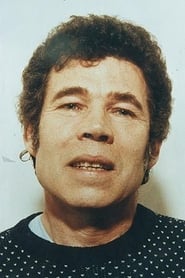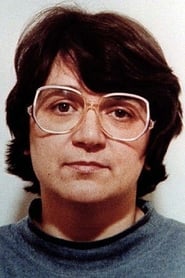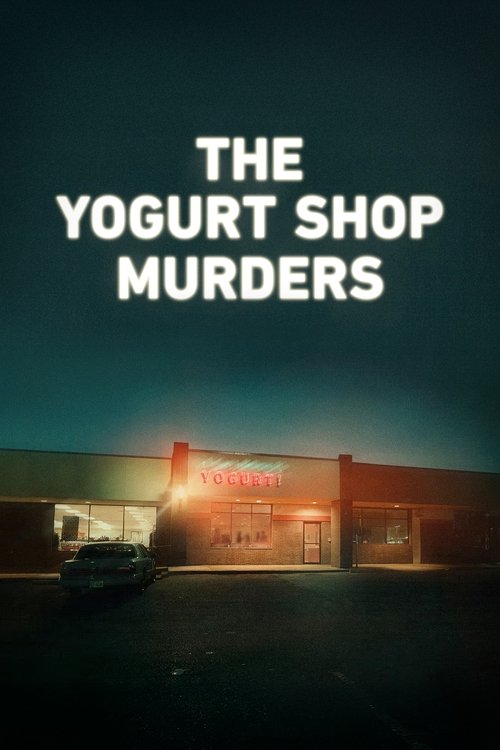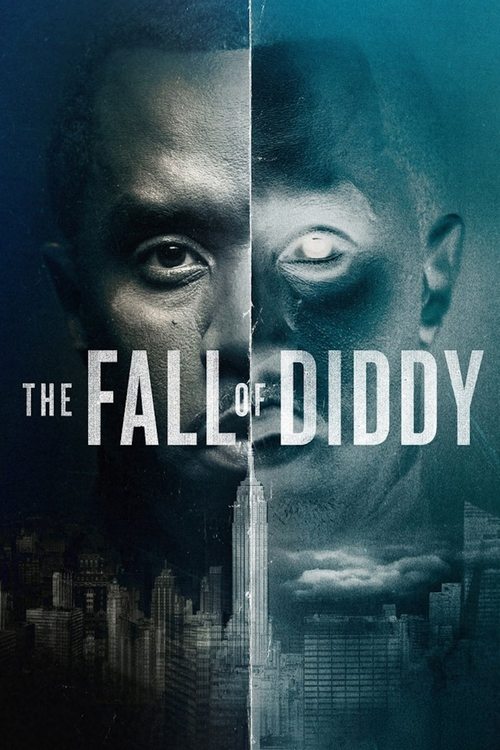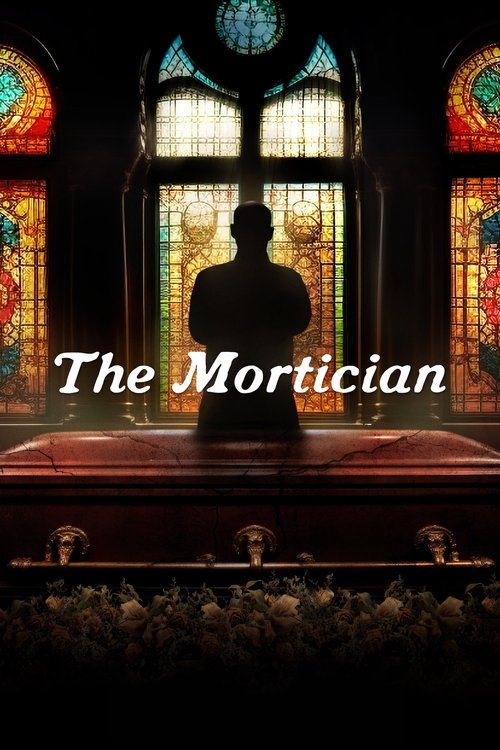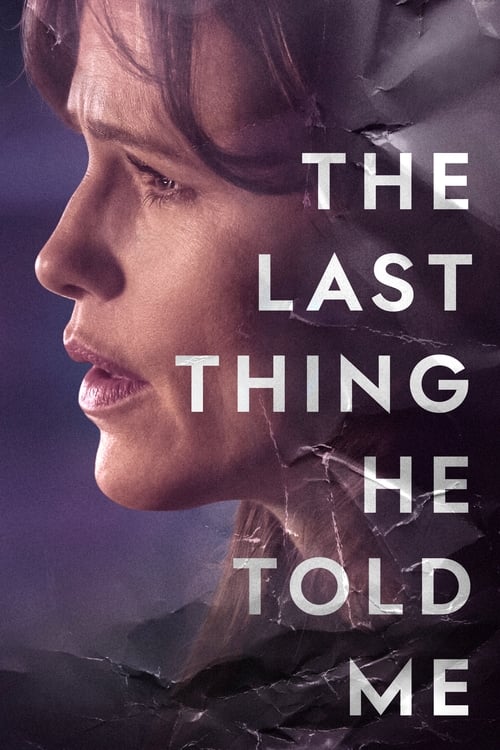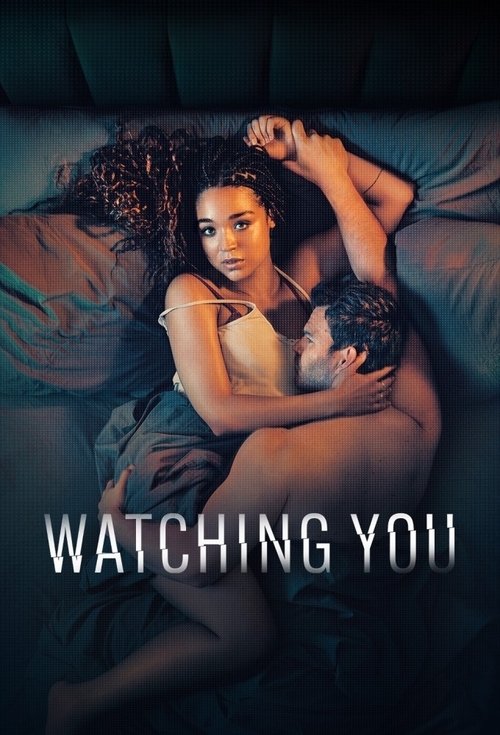
Ask Your Own Question
What is the plot?
The third episode of "Fred and Rose West: A British Horror Story," titled "The Trial," begins with the police intensifying their search for additional bodies beyond the known victims found at Cromwell Street. Investigators meticulously comb through surrounding areas and properties linked to the Wests, driven by suspicions that the number of victims may be higher than initially discovered.
As the search progresses, forensic teams uncover new evidence that increasingly implicates Rose West in the murders. This evidence includes items and testimonies that suggest Rose was not merely a passive accomplice but actively involved in the crimes. The police interviews and recordings reveal growing doubts about her role, challenging earlier assumptions that Fred was the primary perpetrator.
The episode then shifts focus to the legal preparations for the trial. Prosecutors gather witness statements, including those from family members and former acquaintances, who provide detailed accounts of the Wests' abusive behavior and the atmosphere of fear surrounding their household. The testimonies highlight Rose's participation in the abuse and murders, adding weight to the charges against her.
During the trial sequences, the courtroom scenes depict the prosecution presenting their case with a combination of physical evidence, police recordings, and witness testimonies. The defense attempts to downplay Rose's involvement, portraying her as manipulated by Fred. However, the prosecution counters this by emphasizing the collaborative nature of the crimes, supported by the uncovered evidence.
Key moments in the trial include the testimony of Janet Leach, the "appropriate adult" who was present during Fred's police interviews. She provides insight into Rose's demeanor and involvement, reinforcing the prosecution's argument that Rose was complicit. The episode carefully details her statements and the impact they have on the jury.
Throughout the trial, the emotional toll on the victims' families is shown, with scenes of their reactions to the evidence and testimonies. The episode captures the tension and gravity of the courtroom as the jury deliberates on the charges against both Fred and Rose West.
The episode concludes with the jury reaching a verdict, affirming the guilt of both Fred and Rose West on multiple counts of murder. The sentencing phase follows, where the judge delivers life sentences, reflecting the severity of their crimes. The final scenes depict the aftermath of the trial, including the public and media response, as well as the lasting impact on the community.
This detailed chronological account covers the major plot points, key decisions, and courtroom confrontations that define episode 3, "The Trial," of the series "Fred and Rose West: A British Horror Story." It presents the progression from investigation to legal resolution without omitting critical sequences or character actions.
Related Titles
Browse All Titles →What is the ending?
The ending of "Fred and Rose West: A British Horror Story," Season 1, Episode 3, "The Trial," shows the police extending their search for victims beyond Cromwell Street and uncovering evidence that implicates Rose West more deeply than previously thought. Fred West has already died by suicide in custody, and the episode focuses on Rose's trial and the mounting evidence against her.
Expanding on the ending in a detailed, scene-by-scene narrative:
The episode opens with police continuing their grim search for bodies beyond the infamous Cromwell Street house, where many of the Wests' crimes were committed. This search is methodical and somber, with officers combing through various locations linked to the couple. The atmosphere is heavy, underscored by the weight of the victims' families' anguish.
As the investigation progresses, new evidence surfaces that suggests Rose West's involvement was far more active and sinister than initially believed. This evidence includes forensic findings and testimonies that challenge earlier assumptions that Fred acted alone. The police interviews and archival footage reveal the growing suspicion and mounting case against Rose.
The narrative then shifts to the courtroom, where Rose West faces trial. The episode presents courtroom scenes with a focus on the prosecution's case, detailing how the evidence is laid out to the jury. The trial is portrayed with a sober tone, emphasizing the gravity of the charges and the impact on those involved.
Interspersed with courtroom footage are reflections on Fred West's fate--he had hanged himself in his prison cell in early 1995, removing himself from the trial and leaving Rose to face the full weight of justice alone.
The episode closes with the trial ongoing, highlighting the intense scrutiny on Rose West and the broader implications of the case. The police and legal teams continue their work, underscoring the relentless pursuit of truth and justice for the victims.
In terms of character fate at the end of the episode:
-
Fred West is deceased, having committed suicide in custody before the trial began.
-
Rose West remains alive and is on trial, facing the full legal consequences of the crimes.
The episode does not depict a final verdict but focuses on the trial proceedings and the deepening understanding of Rose West's culpability.
Is there a post-credit scene?
The episode 3 titled "The Trial" of the 2025 limited docuseries Fred and Rose West: A British Horror Story does not have any publicly documented post-credit scene. Available detailed episode guides, reviews, and official sources do not mention or describe any post-credit content following this 52-minute episode.
The episode focuses on the police search for bodies beyond Cromwell Street and reveals evidence suggesting Rose West's deeper involvement in the crimes. It is a tightly constructed documentary episode with real police recordings and survivor accounts, but no indication of additional scenes after the credits.
Therefore, based on all accessible information, there is no post-credit scene in episode 3 "The Trial" of this series.
What specific evidence was uncovered during the search for bodies beyond Cromwell Street in episode 3 'The Trial'?
In episode 3 'The Trial', the police extended their search for bodies beyond Cromwell Street and uncovered evidence suggesting that Rose West was more involved in the murders than previously suspected, indicating her deeper complicity in the crimes.
How is Fred West portrayed during the police interrogations shown in the episode?
Fred West is shown in the episode as being strikingly matter-of-fact during police interrogations, calmly confessing to 12 murders and helping police locate the bodies at 25 Cromwell Street, known as the 'house of horrors'.
What role does Caroline Owens play in the trial as depicted in the episode?
Caroline Owens, a former nanny to the West children, is a key witness in the trial; she recounts how she was kidnapped and sexually assaulted by Fred and Rose West but managed to escape, and her interviews are featured in the documentary.
What details are revealed about the Wests' children and their involvement or impact in the trial?
The episode reveals that the Wests' children, including Louise and Anna Marie, were victims of abuse and provided statements to police; however, they later declined to testify in court out of fear of Rose's retaliation, which affected the prosecution's case.
How does the episode depict Rose West's behavior and attitude during the trial?
During the trial, Rose West is shown denying all involvement in the murders and maintaining her innocence, contrasting with Fred's confessions; however, evidence and police suspicions suggest she was deeply involved.
Is this family friendly?
The TV show "Fred and Rose West: A British Horror Story," season 1 episode 3 titled "The Trial," is not family friendly. It contains severe violence and gore, frightening and intense scenes, and deals with very disturbing true crime content involving serial killings and police investigations.
Potentially objectionable or upsetting aspects for children or sensitive viewers include:
- Graphic descriptions and discussions of violent crimes and murders
- Intense and disturbing police interviews and evidence presentation
- Emotional distress related to the victims and their families
- Mild sexual content and nudity in the context of the crimes
- Mild profanity and references to alcohol and drugs
Because of the mature and graphic nature of the subject matter, this series is rated for adults (15+ in the UK, TV-MA in the US) and is strongly unsuitable for children or sensitive individuals.


